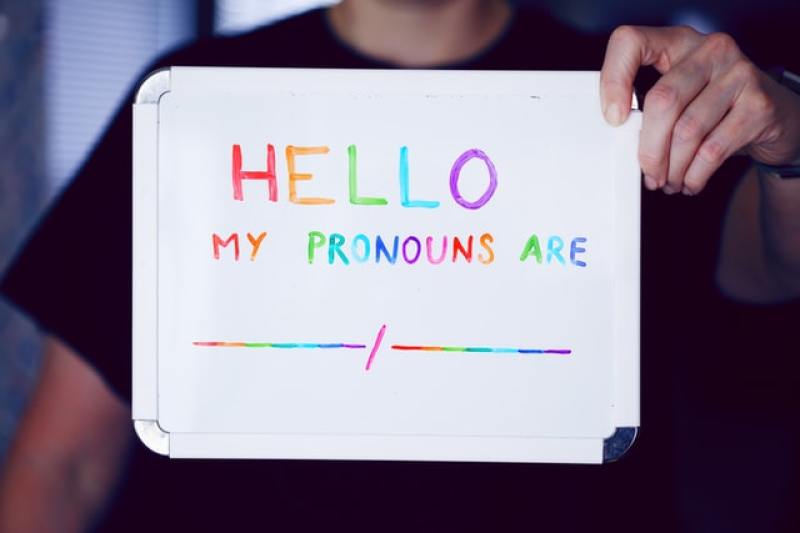
This week's episode of the Showtime series titled "L Word: Generation Q" featured a heated argument between a transgender psychiatrist who opposed a medical doctor's prescription of puberty blockers to an underage patient. The tense scene featured the two characters, played by actor Leo Sheng and Isis King going head to head with their varying perspectives on treating transgender-identifying minors.
In the September 27 episode of "L Word: Generation Q" titled "Launch Party," Dr. Claudia, played by King, was confronted by transgender psychiatrist Dr. Micah Lee, who felt upset that the doctor would prescribe puberty blockers to a teen under the age of consent, Breitbart reported. Dr. Claudia arrogantly hit back at Dr. Lee and told him she only cares about her patients and not what the patient's parents think.
Dr. Lee entered Dr. Claudia's office to tell her that he was treating Joaquin Delgado, a patient who told him that Dr. Claudia prescribed him Leuprolide or "Lupron," a hormone blocker originally used in cancer treatments. Its side effects included bone density loss and a compromised immune system. Despite these dangerous side effects, trans advocates are pushing such treatment for young, healthy kids who believe they identify as trans.
In the episode, Dr. Lee later explains to Dr. Claudia that when he was younger and contemplated transitioning to another gender, a doctor informed him about puberty blockers. However, his mother did not agree to such a treatment, causing him to fall into "a really deep depression." Dr. Claudia on the other hand, said that she began her trans therapies in her early adult stage and expressed her desire to have begun treatment sooner rather than later.
Dangerous and oftentimes Irreversible
Treating minors with puberty blockers or recommending surgery for their trans wishes has been condemned by pro-family groups because it is extremely dangerous and oftentimes irreversible. In fact, North Carolina Family Policy Council President John L. Rustin in April expressed his disapproval of such transition treatments.
"These drugs and body-mutilating surgeries cause sterility and irreversible physical damage to young people suffering from gender dysphoria and other challenges," Rustin explained. He added that at least 80% of teens who experience gender dysphoria eventually identify with their birth sex, he recommends instead to provide these young people with "wise counsel" instead of "[rushing] into harmful hormone therapies and gender transition procedures."
In the U.K., concerned parents are battling transgender clinics on who truly has the right to allow minors to receive trans therapy or undergo gender confirming surgical procedures. According to The Guardian, a court of appeal has overturned a controversial ruling that said children under 16 who are considering gender reassignment are unlikely to be mature enough to provide informed consent to be prescribed puberty-blocking treatments.
The three high court judges also ruled that doctors of patients under 18 may have to consult the courts to gain authorization for medical intervention, causing the Tavistock and Portman NHS foundation trust, which runs NHS England's only gender identity development service (GIDS) for children to suspend new referrals for puberty blockers and cross-sex hormones for those aged under 16. However, a judgement later handed down said that the high court was "inappropriate" in issuing the guidance.
"The divisional court concluded that Tavistock's policies and practices ... were not unlawful and rejected the legal criticism of its materials," the court ruled. "In those circumstances, the claim for judicial review is dismissed."























